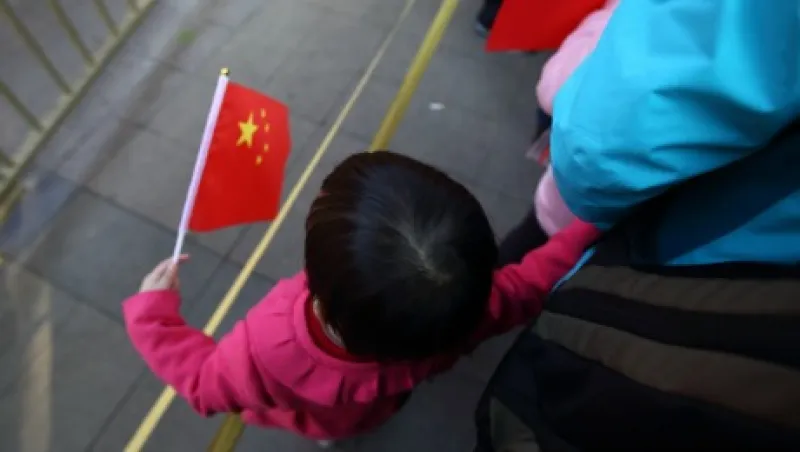How China’s economy will evolve amid the macroeconomic setup for markets as 2015 gets underway is critical. The breakneck pace of growth and investment of years past is starting to slow as the nation’s economy matures. Intervention by the People’s Bank of China is becoming more frequent. As the new year commences, the two major issues at play in Beijing are interest rate liberalization and the need for increased internal competition at the expense of state-owned enterprises, both issues that have been singled out by the current State Council and for which clear policies have yet to emerge. Recent developments such as the announcement of a proposed deposit insurance program and corporate bankruptcy guidelines suggest that these changes are set to get underway. For the time being, Chinese market narratives remain focused on more near-term factors such as the recent relaxation of reserve requirements for nondeposit financial institutions and liberalization of bank foreign-exchange holdings, which has led to a multiday sell-off in Chinese money markets as the yuan has risen against the currencies of primary trading partners.
Oil sinks even lower. In trading this morning Brent crude oil futures contracts for the front month fell below $57 to reach a five-year low. Yesterday West Texas Intermediate crude contracts also hit five-year lows intraday before a marginal rebound. Despite plunging output in Libya as fighting there escalates, commodity investors remain focused on robust production levels in North America and Saudi Arabia, with data from the Energy Information Agency due tomorrow expected to show that U.S. crude stockpiles remain at multidecade highs.
U.S. data on deck. October Case-Shiller home price index data will be released this afternoon. September marked the ninth consecutive increase for the benchmark housing market index, albeit at a consistently moderating level. Consensus forecasts are for another moderation to an annualized 4.4 percent pace. Conference Board consumer confidence index levels for December will also be announced today, with expectations among economists for an improving mood as lower gasoline costs assuage consumer concerns.
Italian bond auction indicates investors banking on ECB action in 2015. In a government auction for treasury securities today, €3 billion ($3.65 billion) of Italian ten-year sovereign debt was placed at a record-low average rate of 1.89 percent, as investors anticipate on support from the European Central Bank.
Lending continues to stall in Europe. Private-sector lending data released by the ECB this morning registered a 0.9 percent contraction for November versus the same month in 2013. While this represents a sequential improvement, this is the 28th consecutive year-over-year contraction for the measure, as ECB liquidity measures fail to trickle down into loan markets.
Portfolio Perspective: 2015 Economic Outlook for Europe: Crisis In Remission — Martin Murenbeeld, Dundee Capital Markets
It’s hard to say whether the euro zone represents a geopolitical risk or an economic risk — but all geopolitical risks carry grave economic risks. In our view at Dundee Capital Markets, the euro zone crisis is not over, just in remission.
There is a political party in each country that demands some alternative arrangement with the euro zone, if not outright separation and the readoption of a national currency and a sovereign central bank. Greece is back in the headlines again with its national elections, and as the first euro zone member to plunge into financial crisis in late 2009, Greece bears close monitoring. But it is likely in the euro zone’s three largest economies where the matter of the euro zone’s continued existence will be settled.
In France the far-right National Front recently polled 26 percent, more than any other party. Marine Le Pen, the group’s leader, has threatened to take France out of the currency union. In Germany, the Alternative for Germany, polling at 5 percent, also wants to pull out of the 18-country bloc. Italy’s Five-Star Movement is polling about 20 percent and its leader, comedian and blogger Beppe Grillo, is calling for a nationwide vote on euro zone membership. There are other euroskeptic parties in the euro zone, including the Dutch Freedom Party and Spain’s Podemos.
We do not expect a euro zone breakdown in 2015 and the charts suggest the risk is low, but it is possible that Greece leaves in 2015. Equally important, the fractured nature of Euro zone politics complicates a unified response to Russian policy, and the ongoing financial problems in the euro zone argue against a hike in defense expenditures as per NATO demands.
Martin Murenbeeld is the chief economist at Dundee Capital Markets in Vancouver.






